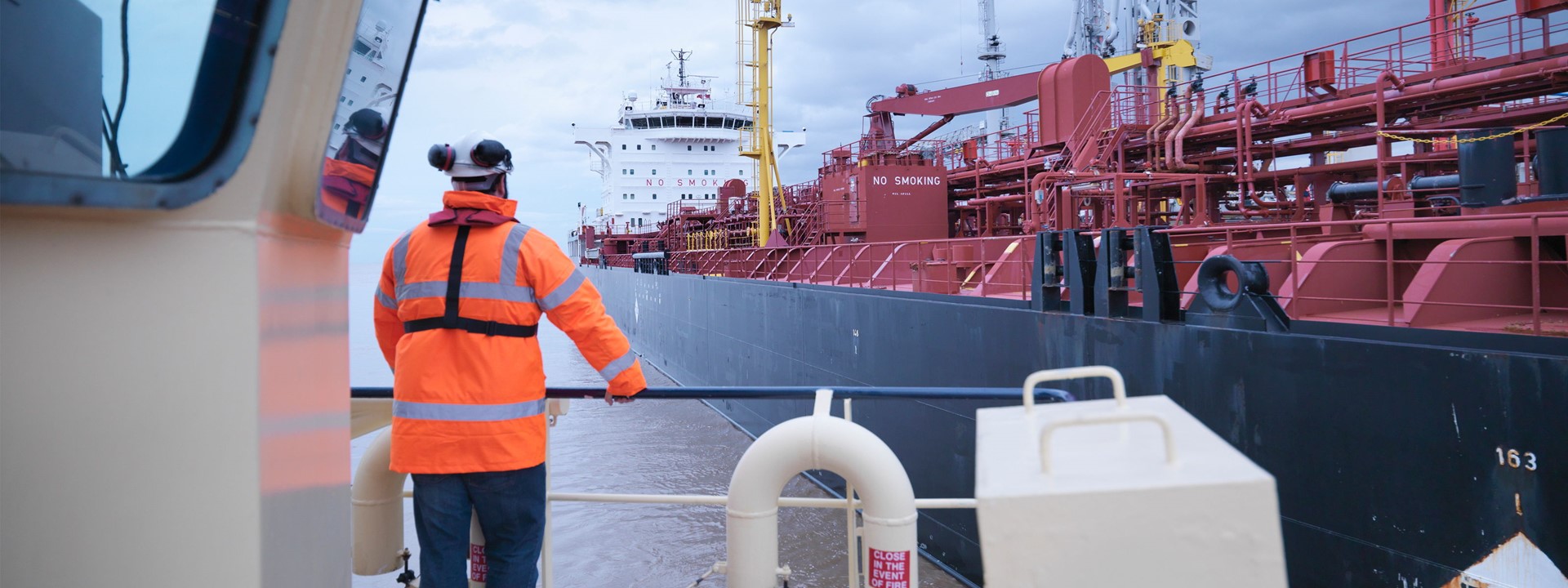A Port State Control (PSC) concentrated inspection campaign on ‘Standards of Training, Certification and Watchkeeping for Seafarers’ (STCW) will run from 1 September 2022 until 30 November 2022
Although principally organised by the Paris and Tokyo MoU regions, it is understood that most other MoU’s will also take part in this campaign.
The supplementary questionnaire to be used by Port State Control Officers (PSCOs) as part of their routine inspections can be found here.
Whilst the questions are largely self-explanatory, we would recommend that all owners check the following points.
Minimum Safe Manning Document (MSMD)
Must be available onboard and should accurately reflect the operational status of the vessel.
For example, on the document, the trading area and the machinery space mode will be stated, and this must match the actual condition found.
If for any reason the vessel is sailing short-handed, all approvals/consents or communications with the vessels flag state should be available.
Certification
All personnel holding a duty in the MSMD must hold certificates of competence (COC) approved (either issued or recognised) by the vessels flag state.
Only original versions of certification are acceptable.
In some cases, an application for approval from the flag is sufficient whilst awaiting the required certification. Evidence of any application will be required to be demonstrated.
The COC area, tonnage or propulsion power limitations must align with the vessel characteristics and MSMD.
Certificates of Proficiency (COP) required by the vessels trade (e.g., petroleum tanker) or a seafarer’s role (e.g. ship security officer) must be similarly present. Please note seafarers that have roles where a COP is required, even where they are carried in excess of the MSMD, will also be checked for compliance.
Owners and vessel Master’s may find it useful to review Table B-I/2 from the STCW code, which provides details on the various requirements for the functions onboard.
Medical
The medical certification must be accepted by the flag state of the vessel.
Hours of Rest
A common issue with hours or rest compliance is inaccurate or incomplete personal records from the vessels crew. These records should be maintained up to date, and staff reminded before arrival in port.
It is possible that PSCO’s will check personal records against the vessel’s logbooks for any discrepancy.
Watch Schedule
A clear watch schedule should be established onboard. Personnel should be able to answer questions on their designated watch schedule.
MSC/Circ.1014 provides a model format for recording the watch schedule, a copy of the relevant annex can be found here.
Familiarisation
Best practice is to have a record for each individual seafarer, showing the areas of familiarisation that have been demonstrated, along with details of their role in an emergency. Records should be retained onboard for a suitable length of time.
As a minimum, a record of familiarisation must be maintained for all members of the crew. We would recommend that the scope of the familiarisation is described in the vessel’s procedures, as this would assist in proving suitability to a PSCO.

